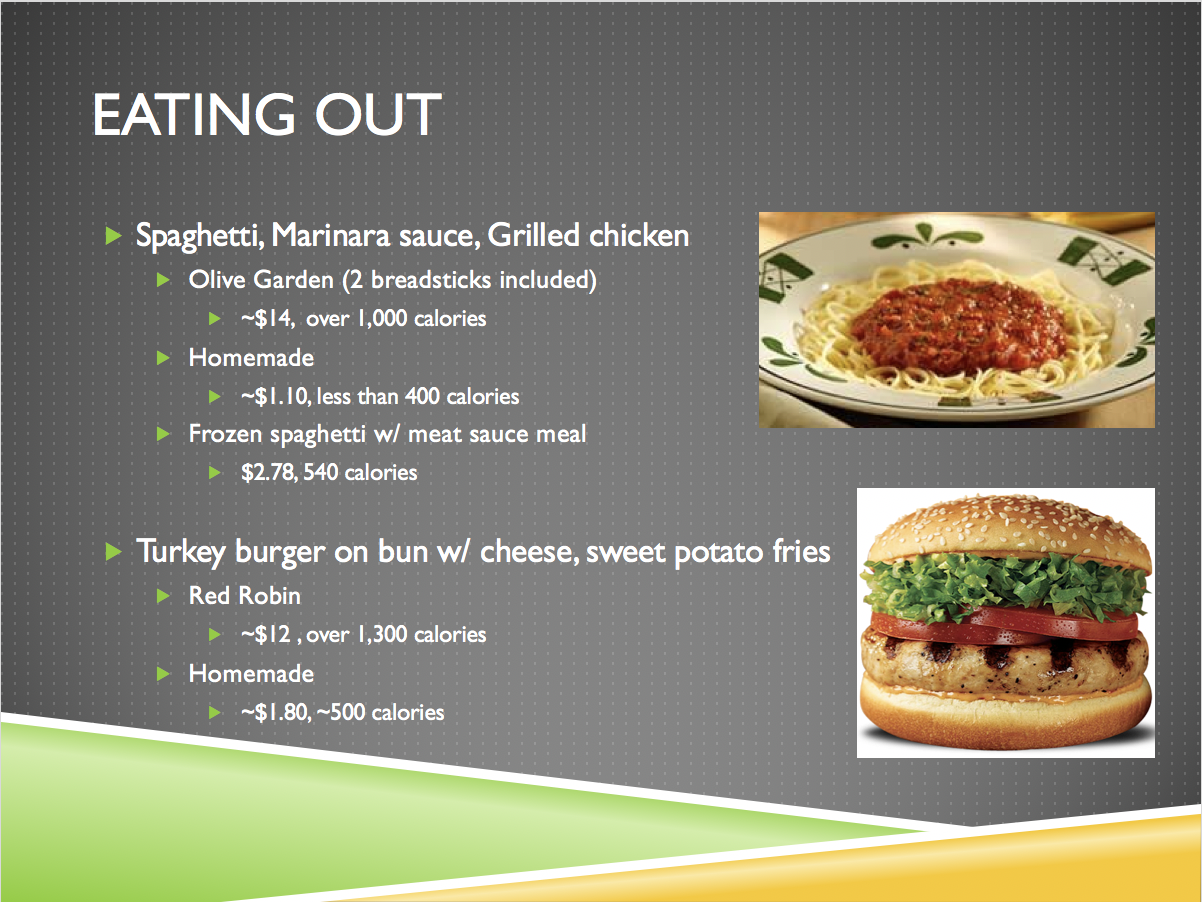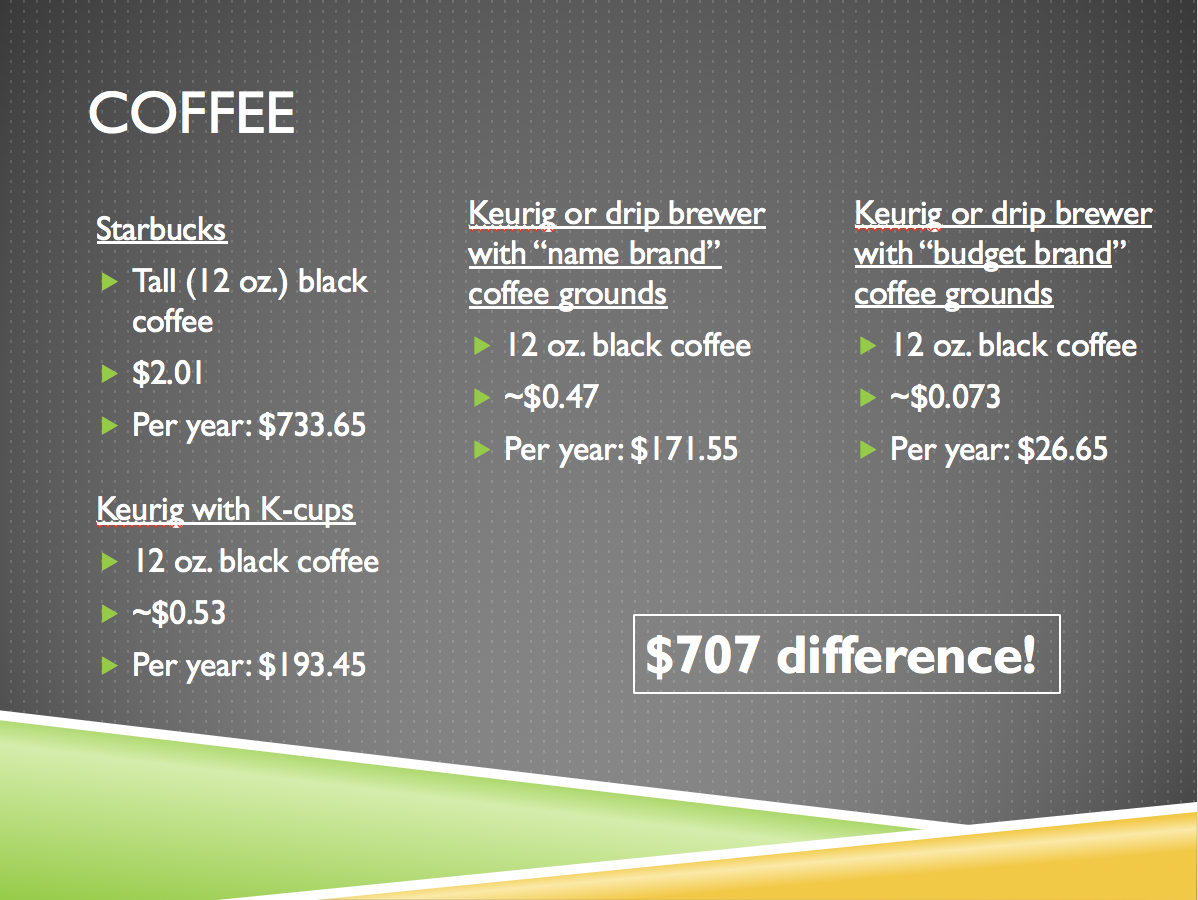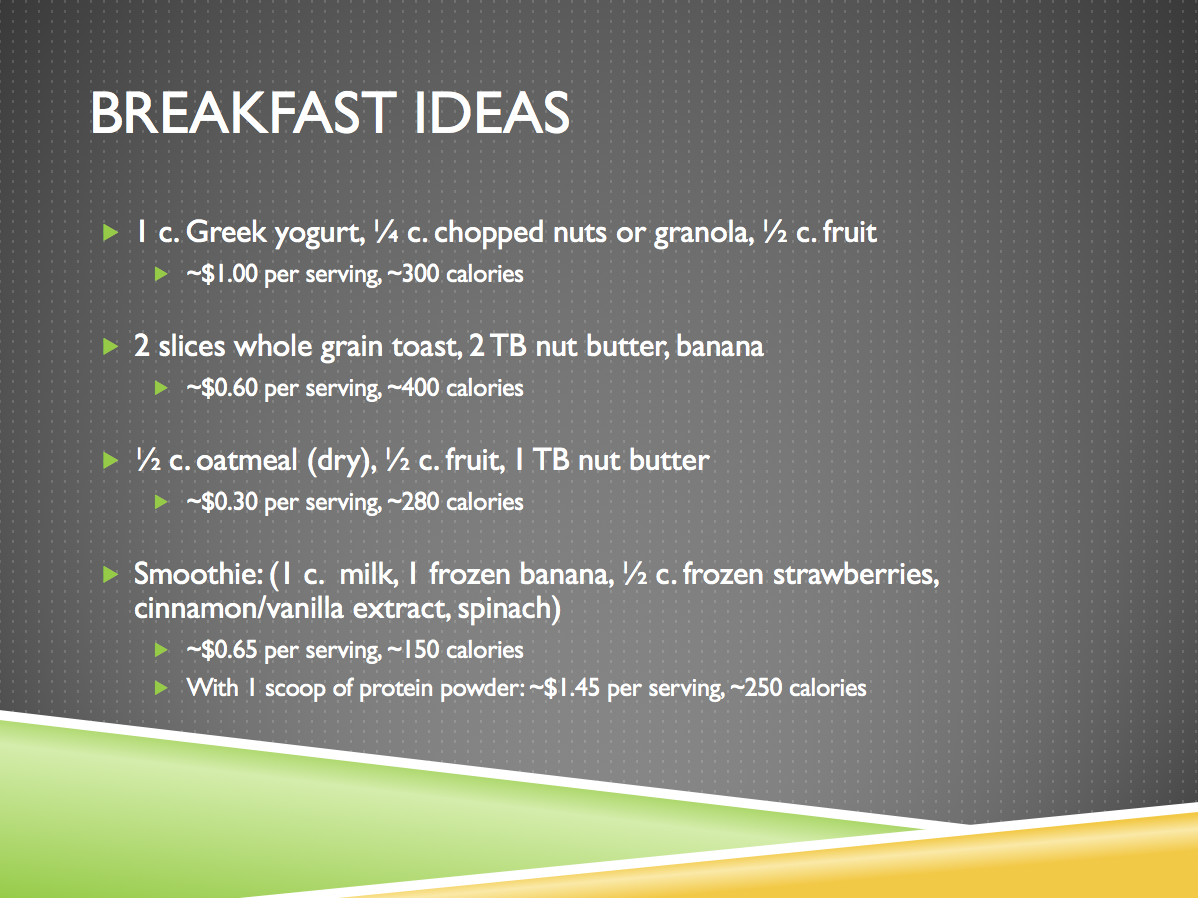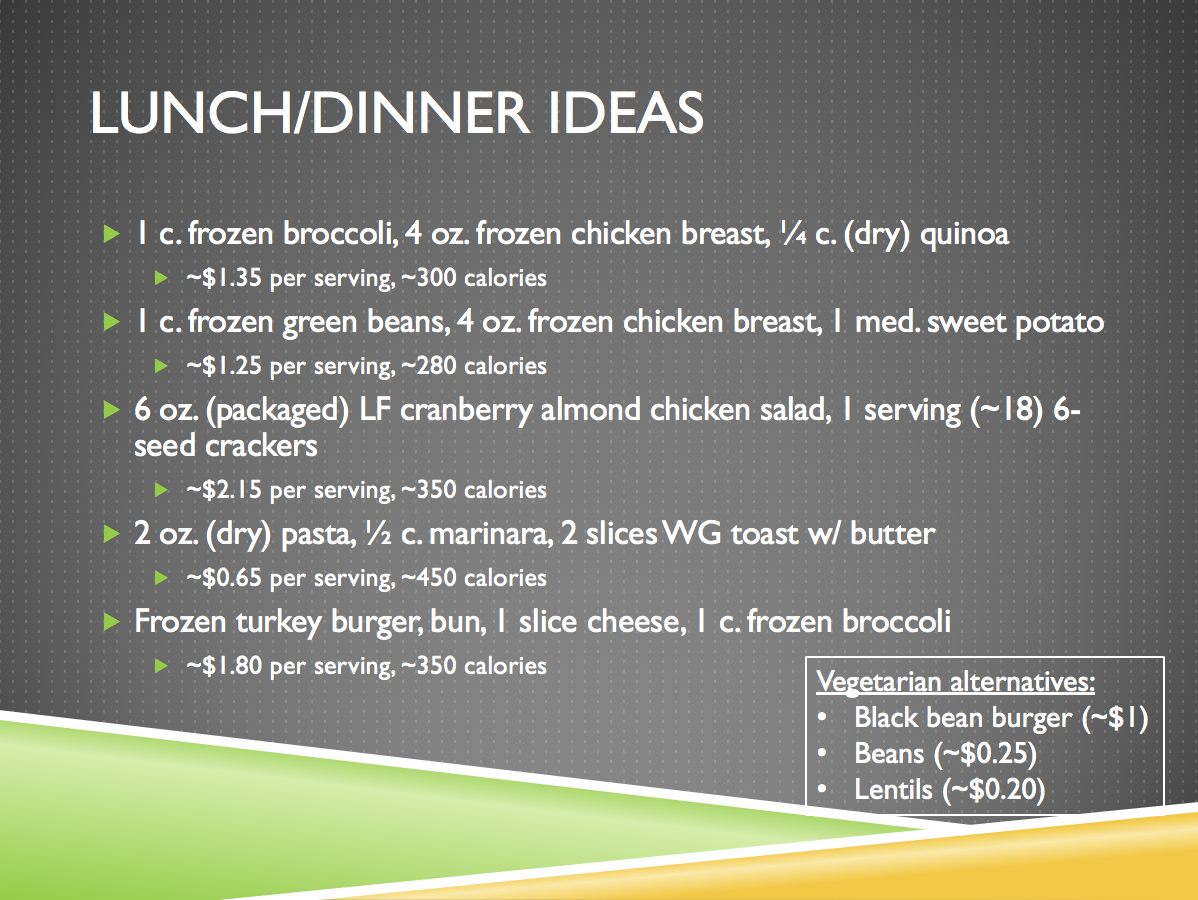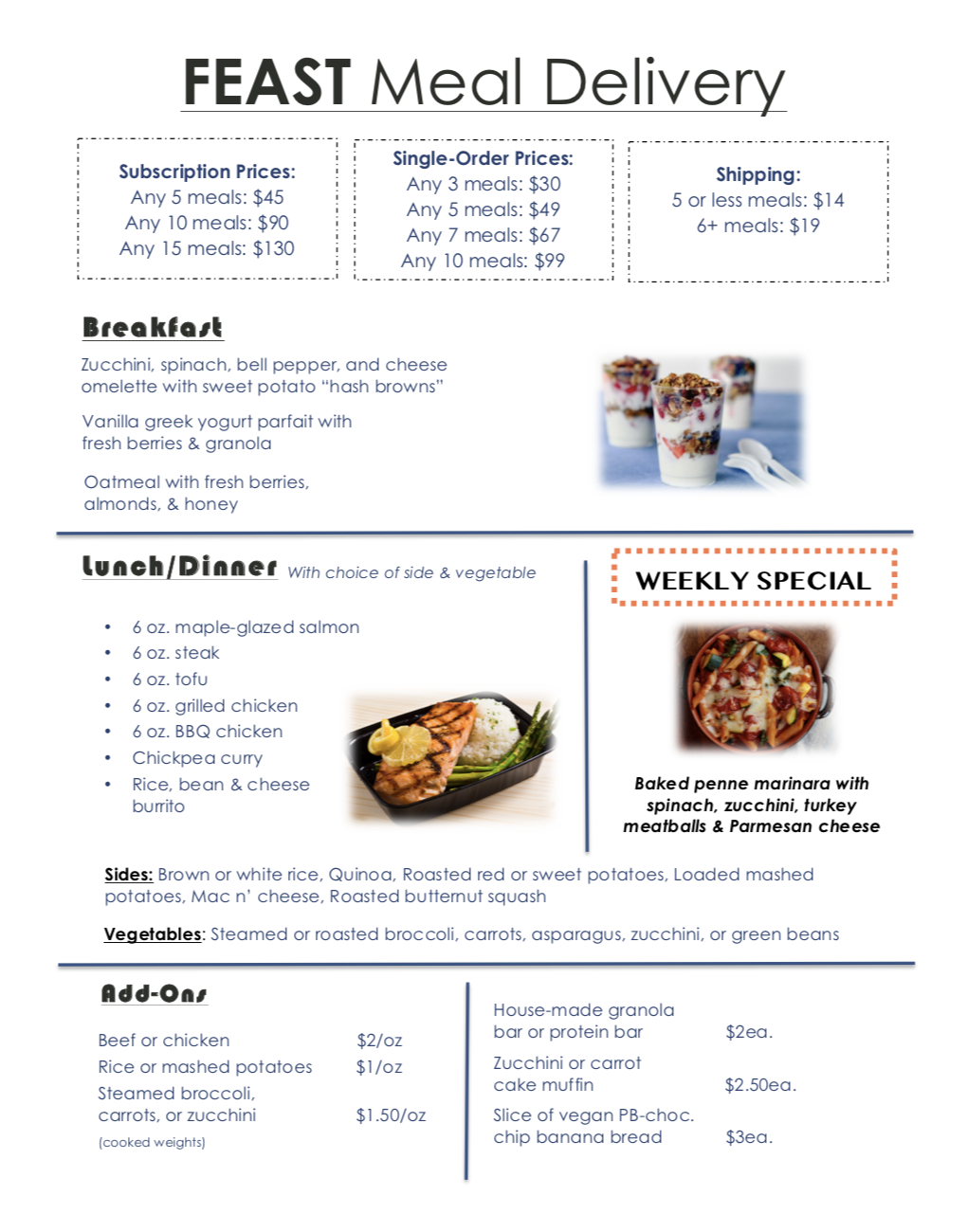Part One: My journey through school, up until my internship.
Part Two: Applying for and matching to a dietetic internship.
The dietetic internship…
brace yourself.
Like I said in part one, my internship was probably the most strenuous and draining eight months of my life.
First, let’s talk about landing your internship.
There are two application sessions each year: one for spring match (internships that begin in the fall) and one for fall match (internships that begin in the winter). Once you know when you’re graduating and when you’d like to start your internship (ideally, at least, because there is no guarantee that you will be matched), then you can begin to look through internships. The Academy of Nutrition and Dietetics has a search engine for this.
Just about every internship will cover the three main rotations in some capacity: foodservice management, clinical nutrition, and community nutrition. Some may put emphasis on a certain area, include an elective rotation, or have a connection with a certain specialty. There will be at least 1200 hours of supervised practice, and internships range from 8-24 months depending on a number of factors. There are internships that are coordinated with earning a Master’s degree, often lasting longer than those that aren’t, but my internship was not coordinated.
All internships cost tuition, and note that you will not get paid during them while you work full-time. The programs with a Master’s are typically more expensive.
The applications are done through an online portal called DICAS. It’s nice having everything in one place, especially if you’re applying to multiple internships. I’d recommend applying to more than one too, because you aren’t guaranteed a match. Whichever internship(s) you do apply to get ranked in the order that you want to get them. That way, if your first option does want you, that’s the one you get matched to.
In DICAS, you’ll enter typical resume information such as personal, background, and contact information, work history, extracurricular activities, awards and honors, and volunteer experience.
Keep track of ALL your volunteer hours, and keep them organized!! This will make the application process so much smoother and less time consuming.
You’ll upload transcripts and complete any special requirements from each individual internship. You’ll also need at least three letters of recommendation, and your references will upload their letters right into DICAS confidentially. Be sure to ask for these early, giving your references plenty of time to write their recommendations. Your program director will have to verify certain elements of your application as well. You’ll have a cover letter and a personal statement for each individual internship that you apply for, and these are important.
Your personal statement is basically the heart of your application. You need to make an impression—a GOOD one that lasts.
You’ll discuss these things in your statement:
Why do you want to enter the dietetics profession?
Discuss experiences that have helped prepare you for your career.
What are your short-term and long-term goals?
What are your strengths and weaknesses or areas needing improvement?
What other information do you consider important for the selection decision?
Be sure to have family members, peers, professors, advisors, and anybody else that you can go over your statement and provide feedback. You want this thing to be perfect. Also, don’t forget to tailor your personal statement for each program, whether that’s simply changing the name of the program, adding an experience relevant to that internship’s specialty, or answering another question they’ve specified for you. You’ll upload a separate one for each internship into DICAS.
There are far more fall-start internships than winter-starts due to the fact that a majority of students do graduate in the spring. Since I was a winter graduate applying for a winter-start, my options were more limited. I only applied to one internship near my home in Michigan, and it was an extremely competitive one. The other was in Oklahoma.
Some internships will do interviews between the application deadline and deciding on their interns. I did get an interview for the internship in Michigan, which was done over Skype, but I didn’t end up getting that internship. “Match Day” is about 6-8 weeks after the DICAS applications are due, and this is a big deal in the world of dietetics. You probably know by now that I landed in Oklahoma; it was far away and somewhere I’d never been before, but you’ll be thankful to get whatever internship you can.
The computer matching is actually done through D&D Digital, which is where you’ll rank your internship selections and where the internships will rank the students they want. Once you are matched, there’s a lot of communication, paperwork, and prep you have to do before the start of your internship. And don’t forget about finishing your degree if you’re still in your last semester.
If you don’t get matched, don’t lose all hope. There is “round two” matching to fill any internship spots that weren’t filled, so you have a couple days to reach out to these programs and see if things work out. You can also apply again during the next round of DICAS. If you want to forgo the internship, at least for the time being, you can sign up to take the Dietetic Technician, Registered (NDTR) Exam.
Okay, are you ready to hear about the internship finally?










